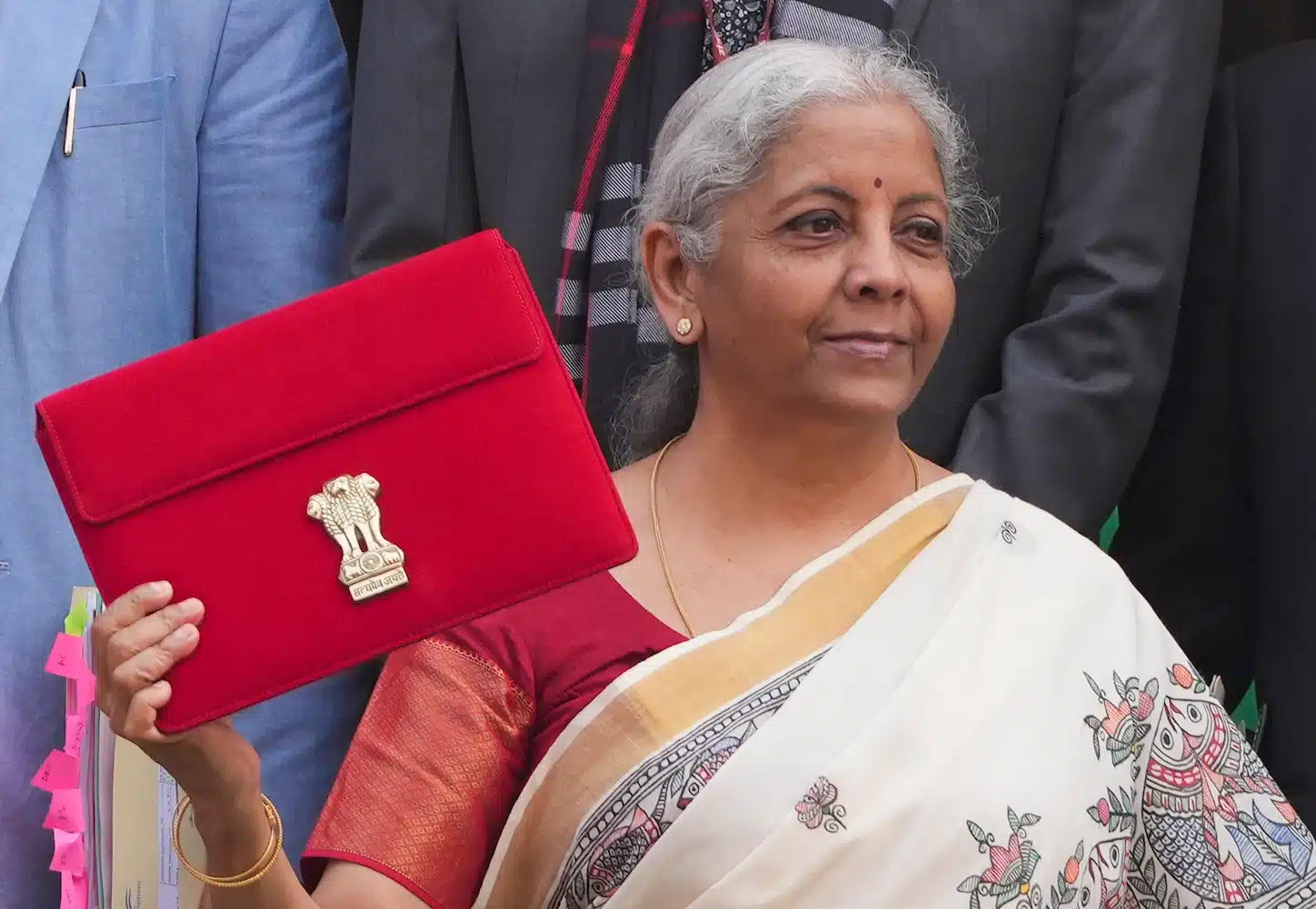Budget 2025: A New Dawn for Startups

The Times Conversations panel discussion, hosted by The Times of India in partnership with the Bower School of Entrepreneurship, focused on the implications of Budget 2025 for startups and entrepreneurship in India. Esteemed panellists shared their perspectives on how government initiatives will influence the future of India’s startup ecosystem. Their insights highlighted a collective optimism about making the ecosystem more dynamic and globally competitive.
Budget 2025: A Positive Step Forward
Jayesh Ranjan, the Special Chief Secretary of the Government of Telangana, emphasized the importance of effectively implementing policies that support innovation. He pointed out key initiatives in the budget, such as the Dhan-Dhaanya Krishi Yojana, which aims to enhance agricultural productivity. Ranjan also discussed the establishment of Centers of Excellence (COEs) in areas like artificial intelligence, education, health, and sustainability. He underscored the significance of the National Geospatial Mission, particularly given Hyderabad’s status as a geospatial hub. Ranjan stressed the need for programs like Atal Tinkering Labs and incubation centres to operate efficiently to foster innovation.
Kiran Chandra Kalluri echoed Ranjan’s sentiments, noting that the budget outlines broad macro-objectives without getting bogged down in micro-details. This approach allows individuals and businesses the flexibility to leverage these goals in their unique ways. He highlighted the long-term policy decisions in the budget, such as the increase in the research and development budget and the creation of 50,000 Atal Tinkering Labs, which are essential for nurturing innovation from a young age.
Empowering Persons with Disabilities
Shanti Raghavan, the Founder of Enable India, brought attention to the untapped potential of persons with disabilities in the workforce. She revealed that 81% of individuals with disabilities who are either entrepreneurs or employed contribute to their families’ income, with 56% being the sole breadwinners in urban settings. Raghavan emphasized the need to recognize the contributions of disabled individuals, advocating for their inclusion in discussions about growth opportunities rather than being viewed through a lens of sympathy. She expressed disappointment that the budget did not explicitly mention persons with disabilities, urging for a more proactive approach to their empowerment.
Raghavan’s insights highlight the importance of creating an inclusive environment where individuals with disabilities can thrive. By acknowledging their capabilities and contributions, the government can foster a more diverse and robust workforce. This approach not only benefits individuals but also enhances the overall productivity and innovation within the economy.
Systemic Interventions for India’s Future
Rajesh Dhuddu discussed India’s significant role in the global workforce while stressing the need for systemic interventions in foundational models like supercomputers and quantum computing. He praised the public-private partnerships initiated by both the union and state governments, stating that government intervention should act as a catalyst for ecosystem growth. Dhuddu argued that while India has made impressive strides, the country must focus on building a robust infrastructure that supports advanced technologies.
He pointed out that without a solid foundation, it will be challenging for India to compete on a global scale. The government must prioritize investments in research and development, as well as in education and training programs that equip the workforce with the necessary skills. By doing so, India can position itself as a leader in technology and innovation, ultimately benefiting the economy and society as a whole.
A Startup-Centric Budget
The Budget 2025 has garnered praise for its focus on startups, particularly in terms of increased funding, revised tax benefits, and policies designed to encourage entrepreneurship. Anuradha Acharya, CEO of MapMyGenome, highlighted the substantial relief provided to startups through this year’s budget. She noted that the quadrupling of research allocation signals the government’s commitment to fostering innovation. Acharya also emphasized the importance of preventive healthcare and how health-tech startups can play a crucial role in this area with the right support.
Prasad Vanga, Founder and CEO of Anthill Ventures, described the budget as highly growth-oriented. He pointed out the increase in exemption limits for startups as a vital step in nurturing entrepreneurship. Vanga stressed that startups are inherently long-term, high-risk ventures, and government support is essential for their success. This focus on startups is expected to create a more conducive environment for innovation and growth.
Observer Voice is the one stop site for National, International news, Sports, Editor’s Choice, Art/culture contents, Quotes and much more. We also cover historical contents. Historical contents includes World History, Indian History, and what happened today. The website also covers Entertainment across the India and World.

